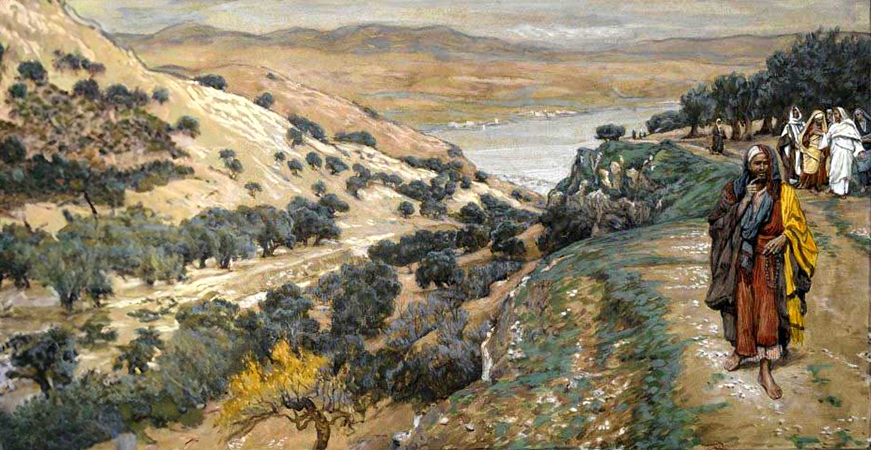Biblical Roots – The Cost of Discipleship
In my twenty years of serving the calling of Jewish-Christian relations and studying the New Testament, I have always been fascinated by Matthew 19:16-30, usually entitled “The Rich Young Man.” My preferred title for this episode is “The Rejection to Become Jesus’ Disciple.”
It is obvious that the rich man believes in eternal life, known in Hebrew as Olam Habah. This is contrary to the Sadducees, who only believed in the Five Books of Moses and did not believe in Olam Habah since there is no direct Pentateuchal source for this concept. At the time of Jesus, the Sadducees were one of the most influential streams of Judaism. The anonymity of the rich man’s Jewish affiliation is quite shocking in a corpus usually identifying the questioner.
“Judaism doesn’t believe in the notion that once you have Olam Habah, you always have it.”
Although there is a Mishnah that states, “All Israel have a share to Olam Habah,” it immediately lists the exceptions. These include anyone who does not believe that the resurrection of the dead is sourced in the Torah, a person who denies that the Torah is not divine, a heretic, and anyone who treats Torah scholars with contempt (Mishnah Sanhedrin 10:1). It is my contention that the movements of Judaism, at the time of Jesus who believed in Olam Habah, were fully aware of this maxim. Therefore, the issue was never about gaining Olam Habah but losing it.
Judaism doesn’t believe in the notion that once you have Olam Habah, you always have it.
The initial response of Jesus to the rich man may come as a surprise for some Christians, “Keep the commandments.” There is Olam Habah with living a Torah lifestyle! However, the questions of the rich man after Jesus’s first response finally reveals how he views Olam Habah—as a get-rich-quick scheme. The rich man is looking for that small effortless investment to gain a permanent guarantee of Olam Habah. The rich man is seeking that one commandment that shields his Olam Habah investment forever.
“The purpose of this life is to bring the Kingdom of Heaven down to earth.”
Jesus sees an opportunity to disciple the rich man by helping him understand that Olam Habah should never be viewed as a commodity but a responsibility.
Jesus was offering the rich man discipleship at the highest level to realign his Olam Habah attitude. The cost was for the rich man to immediately see himself as a vehicle of God’s material bounty. This is why Jesus said to the rich man, “If you wish to be completely whole (shalem), go, sell your possessions, and give to the poor, and so you will have treasure in heaven. Then come, follow Me” (verse 21).
The rich man had a fragmented approach to living an Olam Habah lifestyle, and in the end, he was unable or unwilling to become ‘whole.’ Therefore, he rejected Jesus’s offer of discipleship. It was easier for him to live in his compartmentalised world.
The purpose of this life is to bring the Kingdom of Heaven down to earth. Our daily lives are opportunities to bring more of Him into this world via His Torah. It is a lifelong journey. However, it requires paradigm adjustment to see that our life not only affects this world but also Olam Habah.




